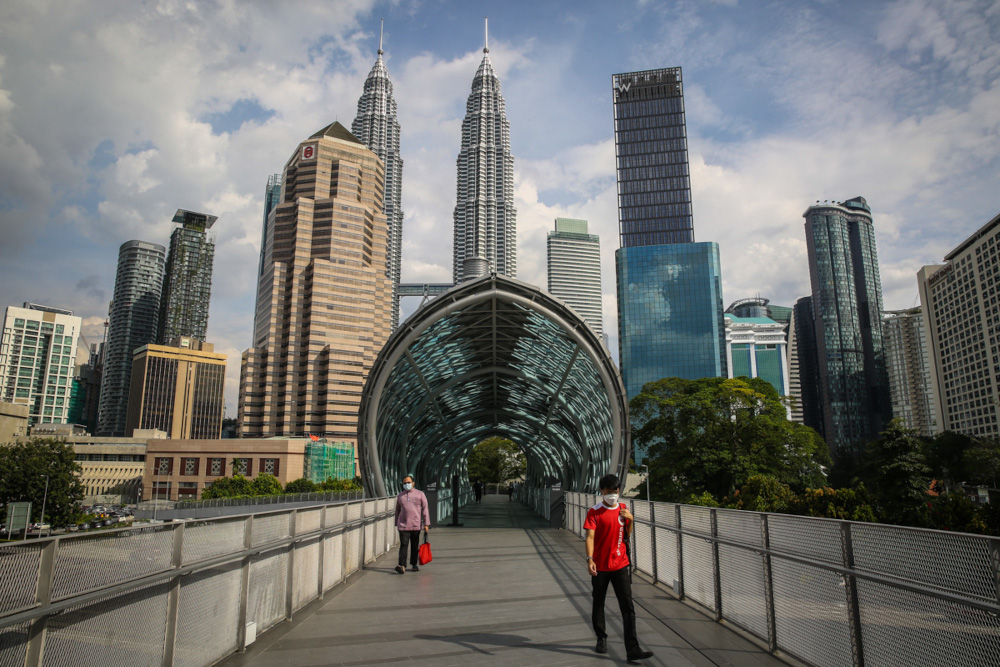KUALA LUMPUR, March 22 — Malaysia’s fiscal stance would remain expansionary this year to ensure that recovery momentum is maintained, economic scarring is minimised, and the economy returns to its medium-term growth trajectory, said Finance Minister Datuk Seri Tengku Zafrul Abdul Aziz.
He said that as a result, the pace of consolidation would be gradual.
“We are confident that we will meet our six per cent (deficit) target this year, or even lower, given the potential revenue upside from higher commodity prices as well as the recent tax revenue collection, which has nearly recovered to pre-pandemic levels,” he said in his keynote address at the ‘Moody’s Inside Asean Series: Rising Fiscal in the Wake of Pandemic Recovery’ today.
In 2021, Malaysia achieved a 6.4 per cent deficit, he said.
Meanwhile, Tengku Zafrul said the federal government’s debt is expected to reach 66 per cent of gross domestic product (GDP) by the end of this year, while statutory debt is estimated to be 63 per cent, well below the debt ceiling of 65 per cent.
Malaysia would also continue to prioritise domestic market issuances, including the launch of a ringgit-denominated Sustainable Development Goals instrument this year, with a targeted size of up to RM10 billion.
Accommodative monetary policy and a large domestic investor base would continue to support the government’s funding needs, he said.
“To accelerate the resumption of fiscal consolidation and ensure the country’s debt affordability remains manageable, the government has undertaken efforts to implement additional reforms as the ministry aims for a deficit of 3 to 3.5 per cent by the end of 2025.
“This will be anchored by the introduction of the Fiscal Responsibility Act, which will ensure fiscal governance and medium-term sustainability as well as the adoption of the Medium-Term Revenue Strategy and the Public Expenditure Review,” said Tengku Zafrul.
He further said that Malaysia’s recovery and reform story, guided by Budget 2022 and the 12th Malaysia Plan, is based on the concept of a whole-of-nation approach, and all stakeholders would have a role to play in helping to build a better future for the nation. — Bernama



















